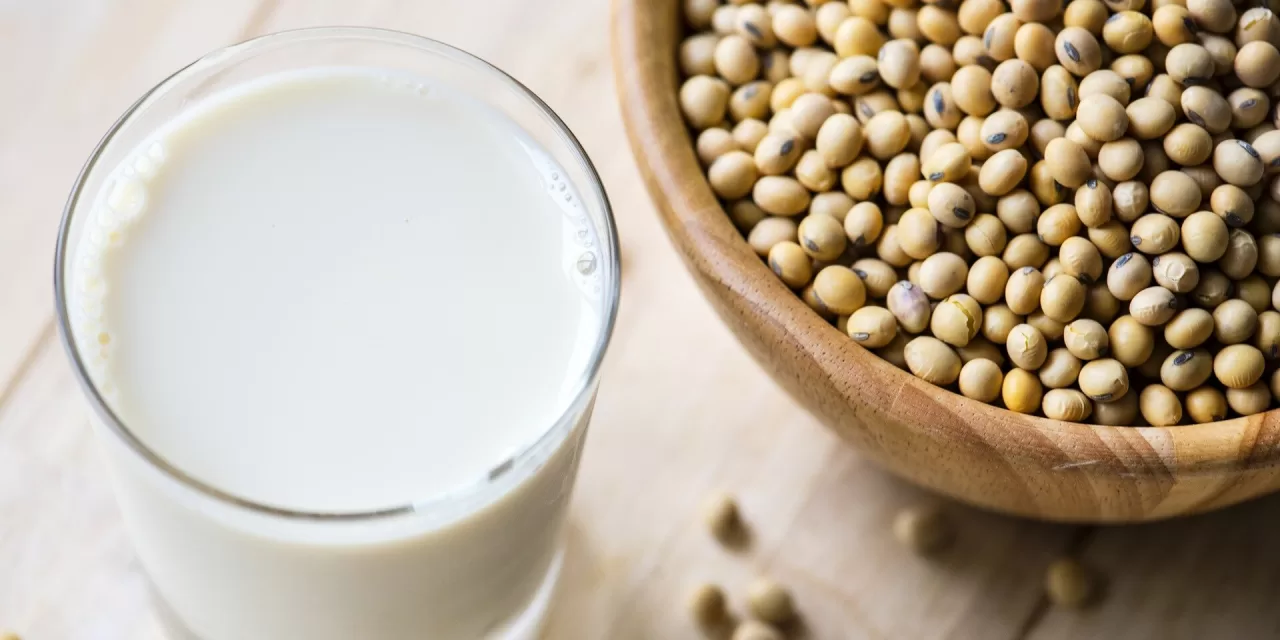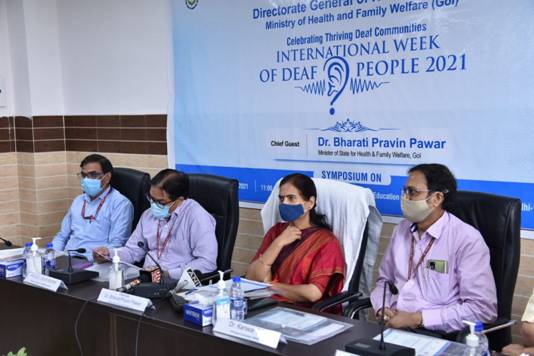A new study from the University of Toronto is providing reassuring evidence for postmenopausal women who may be wary of consuming soy due to concerns about its potential link to cancer. The research, which analyzed data from over 3,000 participants across 40 randomized controlled trials, dispels the myth that soy’s estrogen-like compounds could increase the risk of estrogen-related cancers.
Soy foods, which contain compounds known as isoflavones that mimic estrogen in the body, have been controversial due to previous studies suggesting a link to higher cancer risks in animals. However, this latest study, published in Advances in Nutrition, found no significant effect of soy isoflavones on key estrogen-related cancer markers, such as the thickness of the uterus lining or circulating levels of estrogen and follicle-stimulating hormone.
“The findings show that soy isoflavones do not behave like human estrogen when it comes to cancer risks,” said Laura Chiavaroli, senior author of the study and an assistant professor of nutritional sciences at the University of Toronto. “This supports the idea that soy foods are safe, both as part of a healthy diet and as a potential alternative therapy.”
The study analyzed trials that focused on postmenopausal women consuming soy isoflavones for at least three months, comparing their health outcomes to those who consumed non-isoflavone control substances. Despite concerns over the estrogen-like properties of soy, the research found no adverse effects on estrogen-related biological markers.
The results of this research align with the growing body of evidence recommending soy as part of a balanced diet. Health organizations, including the Canadian Cardiovascular Society, support the inclusion of soy foods due to their high-quality protein and heart-health benefits. Soy is also recognized for alleviating menopause symptoms like hot flashes, which affect many women during this phase of life.
“The risk of cardiovascular disease rises significantly after menopause, so soy can provide dual benefits for women during this time,” said Chiavaroli. “It helps reduce heart disease risk while also managing menopausal symptoms.”
Concerns about soy’s estrogenic effects are common, as some fear that its isoflavones may trigger or worsen hormone-sensitive cancers. However, Chiavaroli and lead author Gabrielle Viscardi, a Ph.D. student at the university, explained that isoflavones act differently from human estrogen. Unlike estrogen, which binds to estrogen receptors throughout the body, isoflavones bind selectively to receptors in ways that benefit the cardiovascular system without affecting the reproductive system.
These findings may also offer an alternative to hormone replacement therapy (HRT), which some women avoid due to concerns about estrogen-sensitive cancers or because of personal preference. For women at increased risk of heart disease or cancer, incorporating soy into the diet could help alleviate menopause symptoms without the risks associated with HRT.
Viscardi hopes the study will reassure women and healthcare professionals alike that soy foods can be part of a safe, healthy lifestyle, in line with Health Canada’s guidelines, which encourage plant-based proteins.
“People can feel confident that adding soy foods to their diet will not increase their risk of estrogen-dependent cancers,” Chiavaroli added. “It’s a great option for managing menopausal symptoms and supporting long-term health.”
This research provides significant insights for women seeking alternatives to hormone therapies while maintaining heart health, and it reinforces soy’s place in a well-rounded, nutritious diet.
Source: Viscardi, G., et al. “Effect of Soy Isoflavones on Measures of Estrogenicity: A Systematic Review and Meta-Analysis.” Advances in Nutrition, 2024. DOI: 10.1016/j.advnut.2024.100327.












